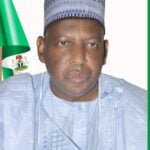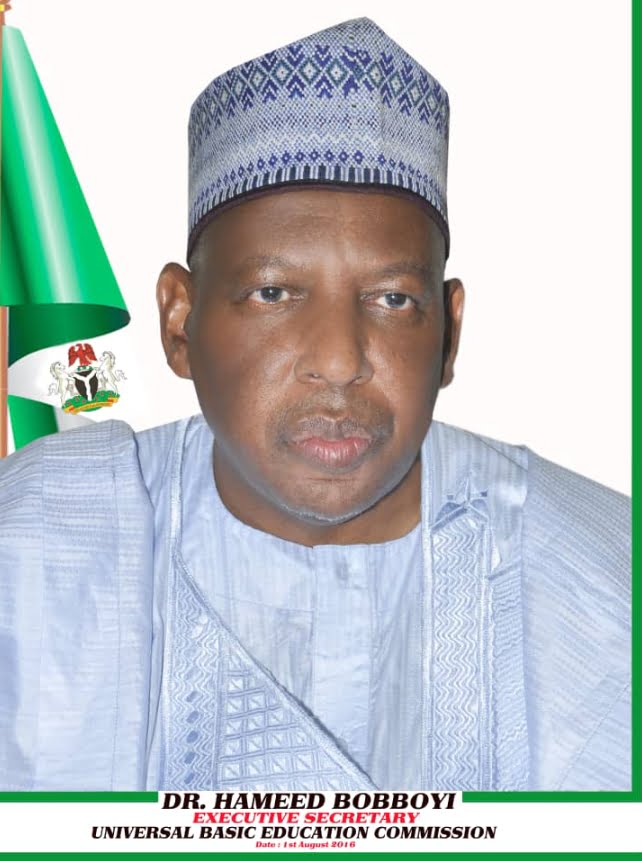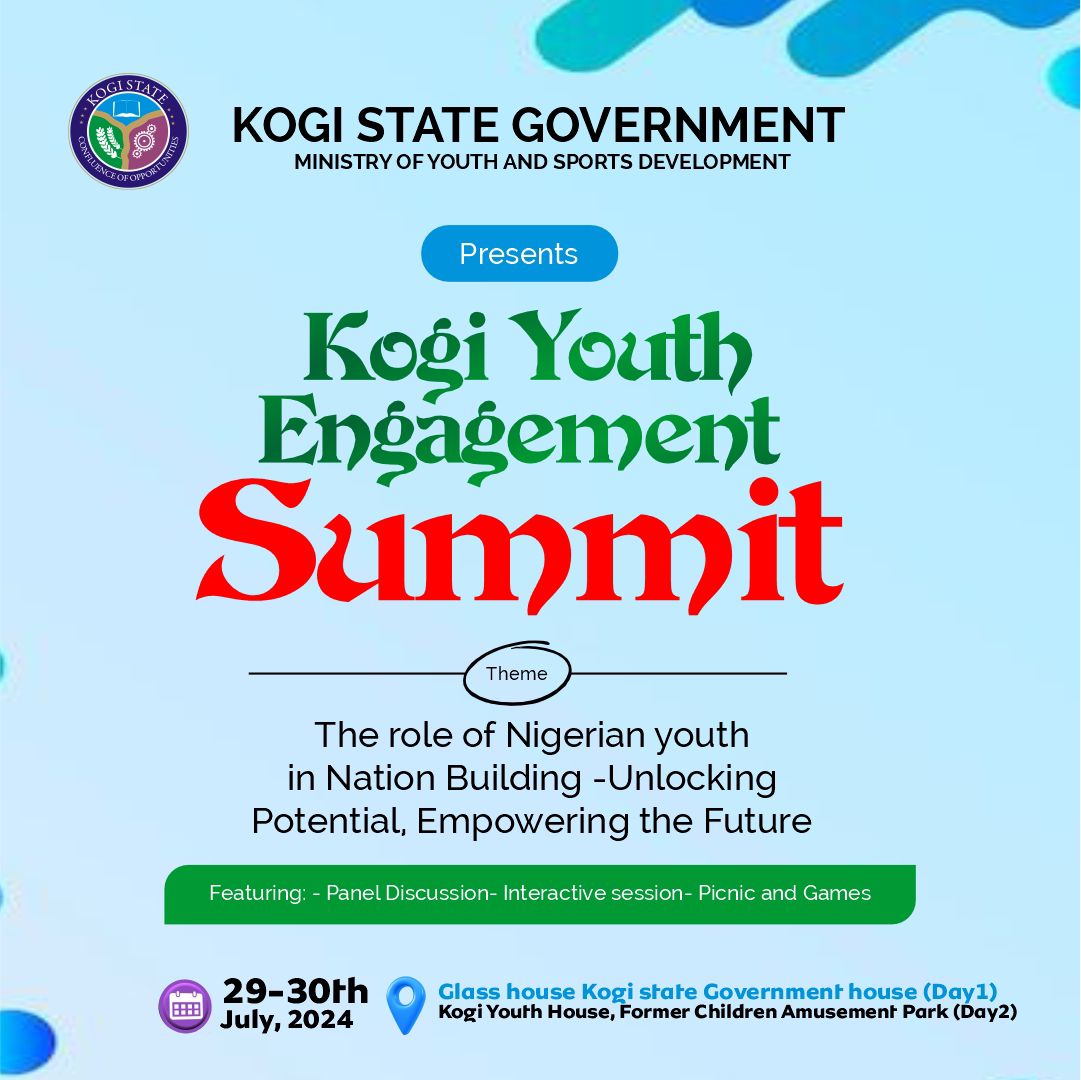How UBEC Is Reactivating ‘Alternate School’ In Nigeria, BY ABUBAKAR YUSUF.
Even with concerted efforts by various stakeholders locally and internationally, powered by the Universal Basic Education Commission, UBEC in the country to streamline Basic Education, particularly at Primary 1-6 and Junior Secondary School (JSS 1-3), that encompasses it’s operation, the scourge of out of school, OOSC remained insurmountable, hence the need for further collaboration and introduction of more programs and policies that will address the downward trend in the country.

Read: UBEC’s Exploits At Improving Learning In Nigeria, BY ABUBAKAR YUSUF.
As policy makers , drivers and implementers, the need to drive the reintroduced and rejigged ‘alternate school’ to fruition became sacrosanct in view of the prevailing circumstances by UBEC.
Through alternative Education and ‘alternate school’ , students of Basic Education are exposed to the provision of unique programs, non- official hours of learning, including hybrid experiences for the students.
Most of the beneficiaries in these category, are those who had defied both academic, social , including emotional, or behavioral needs and cannot cope with the normal way of learning.
UBEC and the Quest of Consolidating Open School Program, BY ABUBAKAR YUSUF.
But the defiance and non- responsive nature of students cannot be a corollary for apathy to learning, hence the step forward and the introduction of ‘alternate school’ of education to further justify the veracity or otherwise of the normal program, and the abnormality of the introduction and/ or the need to inculcate the ‘alternate school’ of education and learning.
The recent outing of the program coordinator, the Universal Basic Education Commission UBEC lend more credence to the rejigged efforts of the government at the federal level trickled down to states and local government areas level, with a focus on the speciality and uniqueness of the program, but geared towards achieving it’s stated objectives and learning outcomes.
UBEC had played a leading role of been at the forefront of series and several programs and policies that will galvanize the inculcation and subsistence of Basic Education programs across the country, in collaboration with the sub- national and local government areas.
The focus on ‘alternate school’ and the concerted efforts of the national government to reactivate the program cannot be overlooked, particularly in the present situation were third world countries are yearning to achieve the SDGs goals 4 of quality education between now and 2030.
For UBEC, the combination of multiple programs which included ‘alternate school’ of education will reduce to the barest minimum the global scourge of out of school children that is put at variously 20M , with 10.2M at primary School level, while over 8.8M at JSS level, not minding the aggressive programs and policies of government, with potential of growth beyond the official declaration.
But with the reactivation and reintroduction of ‘alternate school’ and alternative Education, there is no doubt that the figures been bandied as out of school children, OOSC will gradually be reducing in line with the implementation of the stakeholders.

The willingness of the government to pilot the affairs to sub national and local government level will be an impetus that will reduce and ensure down ward growth of OOSC scourge, inline with the needed attention and prevailing policy framework powered by UBEC.
All hands must be on deck to support the ‘alternate school ‘ beyond mere rhetorics and policy formulation, as the Universal Basic Education Commission UBEC will tackle headlong to ensure its direct impact on students at Basic Education level and learners is achieved.
ABUBAKAR YUSUF Writes from Abuja on yus.abubakar3@gmail.com.










